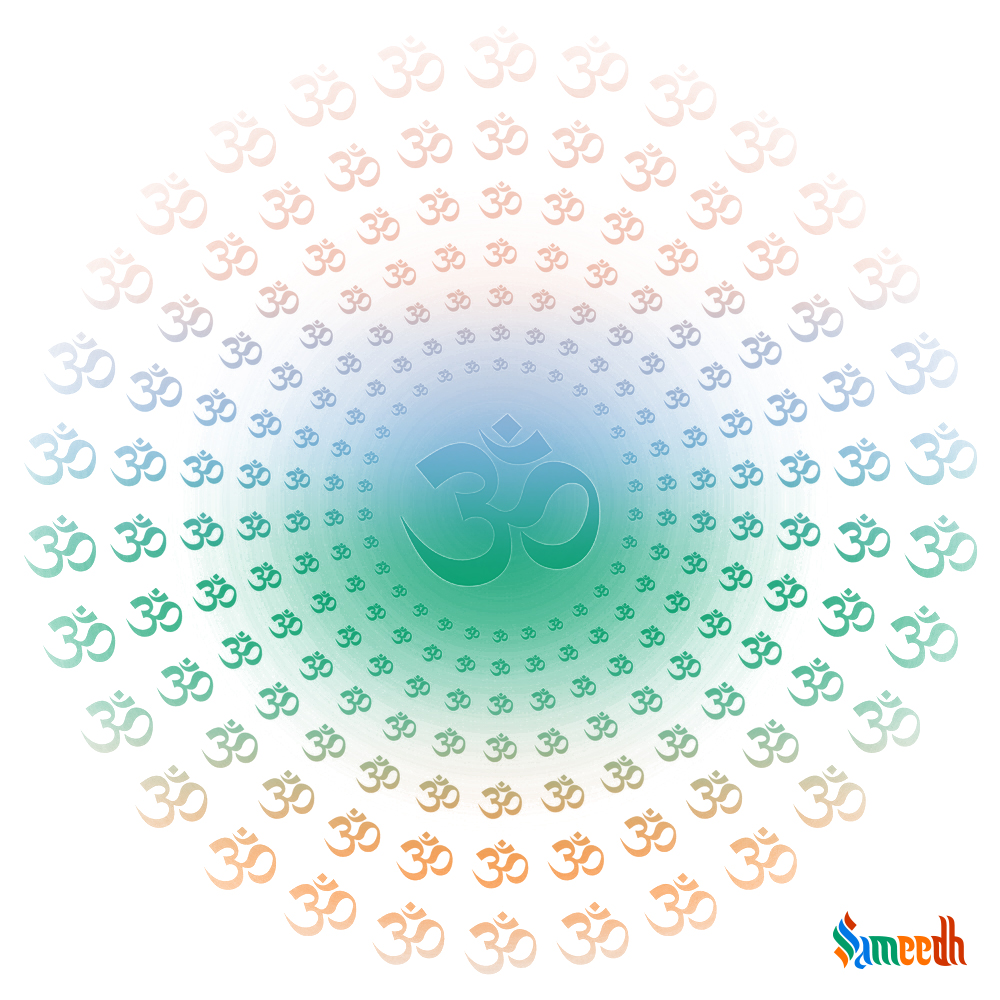This post discusses one of the most fundamental Hindu philosophies. It details how and why Vedas are important to achieve spiritual enlightenment and Moksha.

Image by Sarah Welch
DEFINITION
Mimamsa philosophy is one of the six schools of Hindu philosophy. The word, ‘Mimamsa’ basically means reflection. In the context of its foundation and origin, Mimamsa means the theory of critical reflection to derive the essence of Vedas. This theory became the umbrella theory explained Atheism and Theism. It propagated the meaning and concept of Dharma and Soul. The theory supports the argument that Vedas and Vedic rituals are eternal and crucial to lead a life based on Dharma. The Mimamsa philosophy can be understood by understanding its different schools and sub-theories.
ORIGIN
A Profound Purpose
This theory or school of thought in Hindu culture came into being to understand and interpret Vedas in a clear and correct way. Mimamsa lays down the rules to understand and comprehend the Vedas better. It aims to explain the Vedas in a clear way and give the vedic rituals a proper execution and rationale. The theory is called Purva-Mimamsa or Karma-Mimamsa as well because it is related to the preliminary parts of the Vedas which are detailed with the vedic rituals or Karmas. The purpose of the Mimamsa theory was simple, it was aimed to help achieve enlightenment by following the vedic rituals properly as necessitated by the Vedas.
EXPLANATION OF THE PHILOSOPHY
A Philosophy for an Enlightened Life
According to Mimamsa, the highest authority is the Vedas. For one human to achieve enlightenment and Moksha, he or she needs to follow the law and rules of rituals as explained by the Vedas. The Vedas are the source of the ultimate truth and knowledge according to the Mimamsa theory. The theory defines and elaborates on the rituals or Karma-Kanda rituals to properly perform the rituals stated by the Vedas. This theory also elucidated on the need and requirement to perform Yajna so as to worship and honour the higher authority.
ANCIENT USAGE
Since Ancient Times
The origin of Mimamsa theory was initated by Rishi Jaimini around 4th BCE. To attain the purpose of explaining the higher knowledge of the Vedas and the rituals associated with it, the theory and the Vedic knowledge was made simpler by the Mimamsa Sutra authored by Rishi Jaimini. The Mimamsa Sutra is composed of 12 parts and 60 sections. The text is basically a comprehensive description of the rules which will enable a proper understanding of the Vedic texts and rituals so as to attain liberation or Moksha.
NATIONAL AND INTERNATIONAL USAGE
A Defender of Vedas
The Mimamsa Theory basically gives a philosophical rationale of the Vedas and Vedic rituals. It gives a proper reasoning and method to understand the pathway given by the Vedas to attain Moksha. This theory simplifies the wisdom of Vedic rituals and explain the concept of Karma and its association with our life-cycle and materialism. It also explains why it is important to get out of the cycle of materialism and Karma to attain liberation or Moksha.
ADAPTATIONS OF CONCEPTS IN OTHERS PHILOSOPHIES
Buddhism and Hindu Rituals
The theory of Mimamsa is at the core of the concept of Vedanta as well as explaining the concept of Vedic rituals. One of the most important scholars of this school was Kumarila or Kumarilla-Bhatta. He interpreted the Mimamsa Sutra, as well. He argued the importance and supremacy of the Vedas with the Buddhist scholars and followers. He played an important role in promoting the Mimamsa theory.
Moksha and Mimamsa
Being a theory born to explain and rationalise the vedic rituals, the theory basically explains the Vedic knowledge and details how these rituals are important to attain a life which is enlightened and can lead us to the final destination of liberation or Moksha.
To understand these concepts better, keep reading our blog posts on our blog, Sameedh.